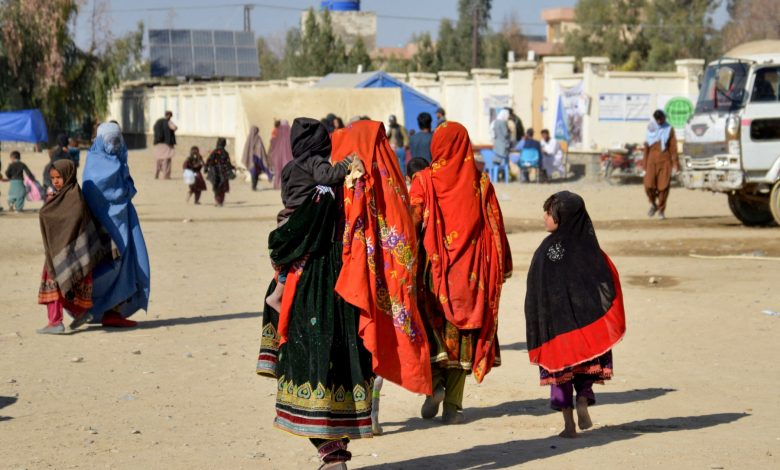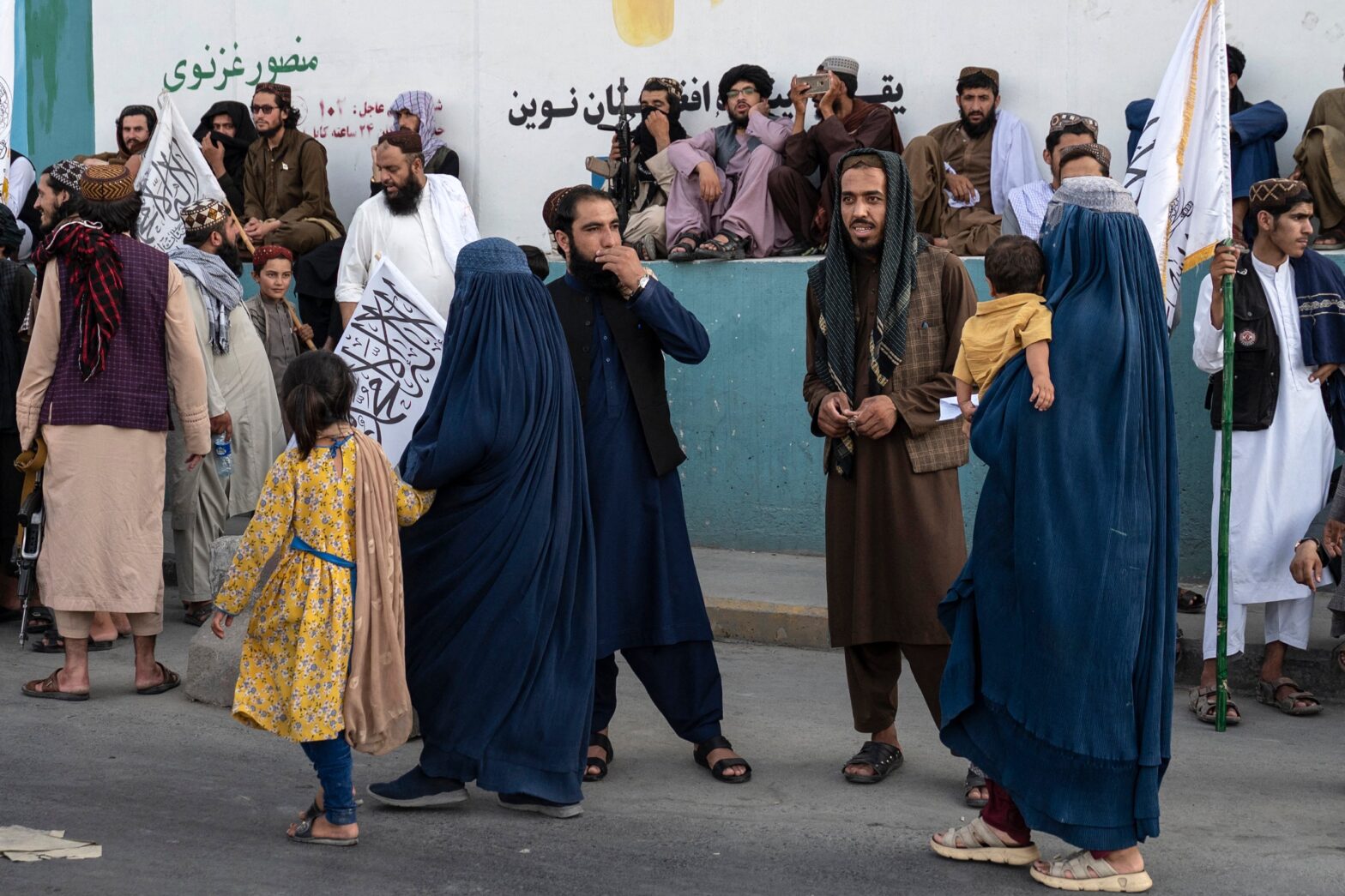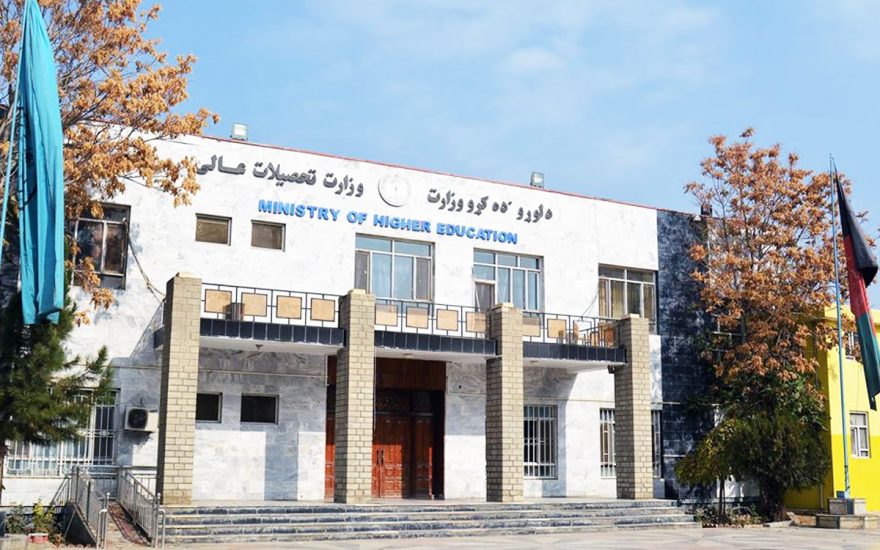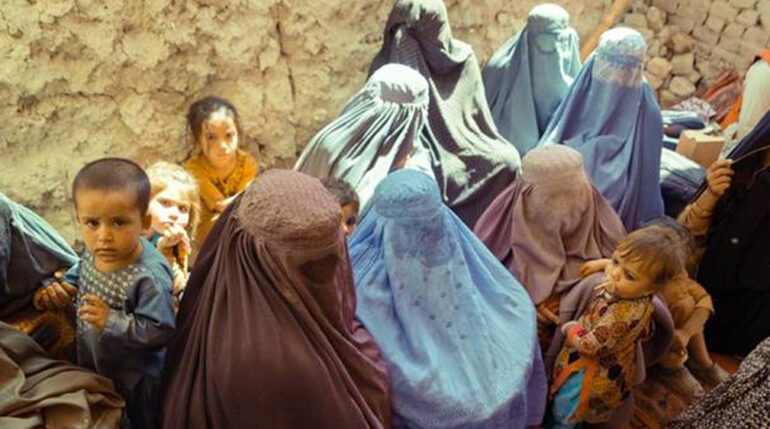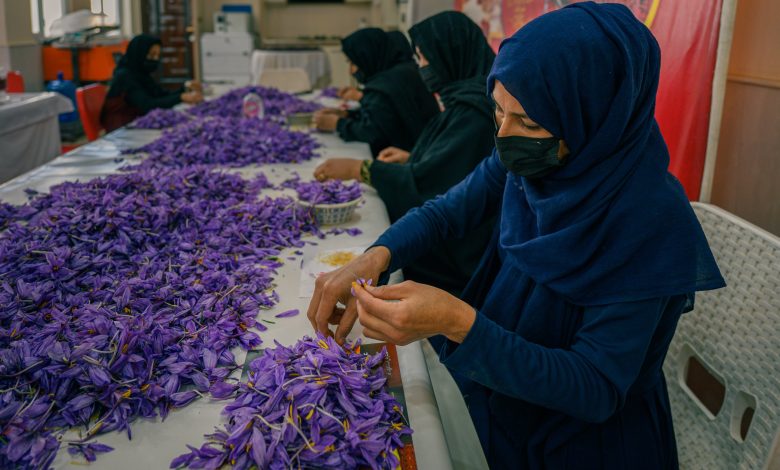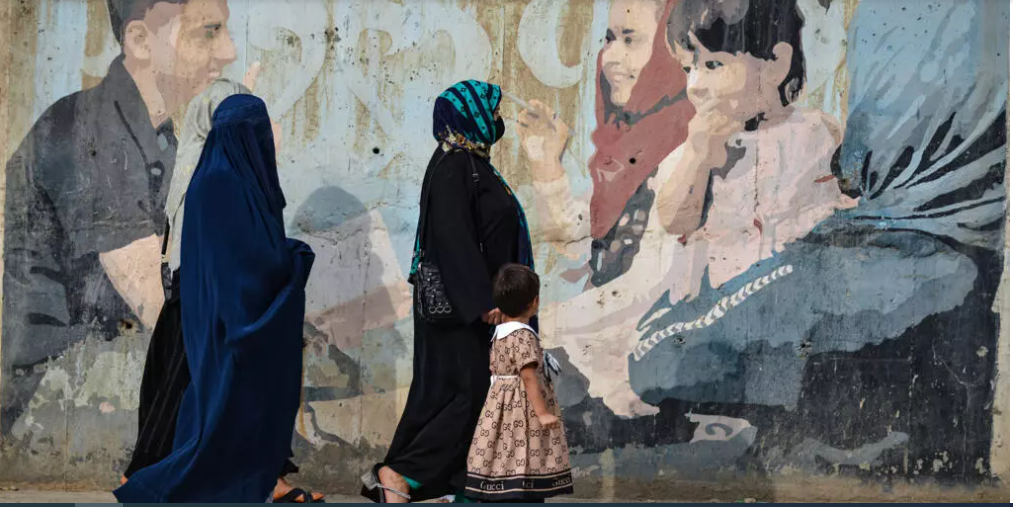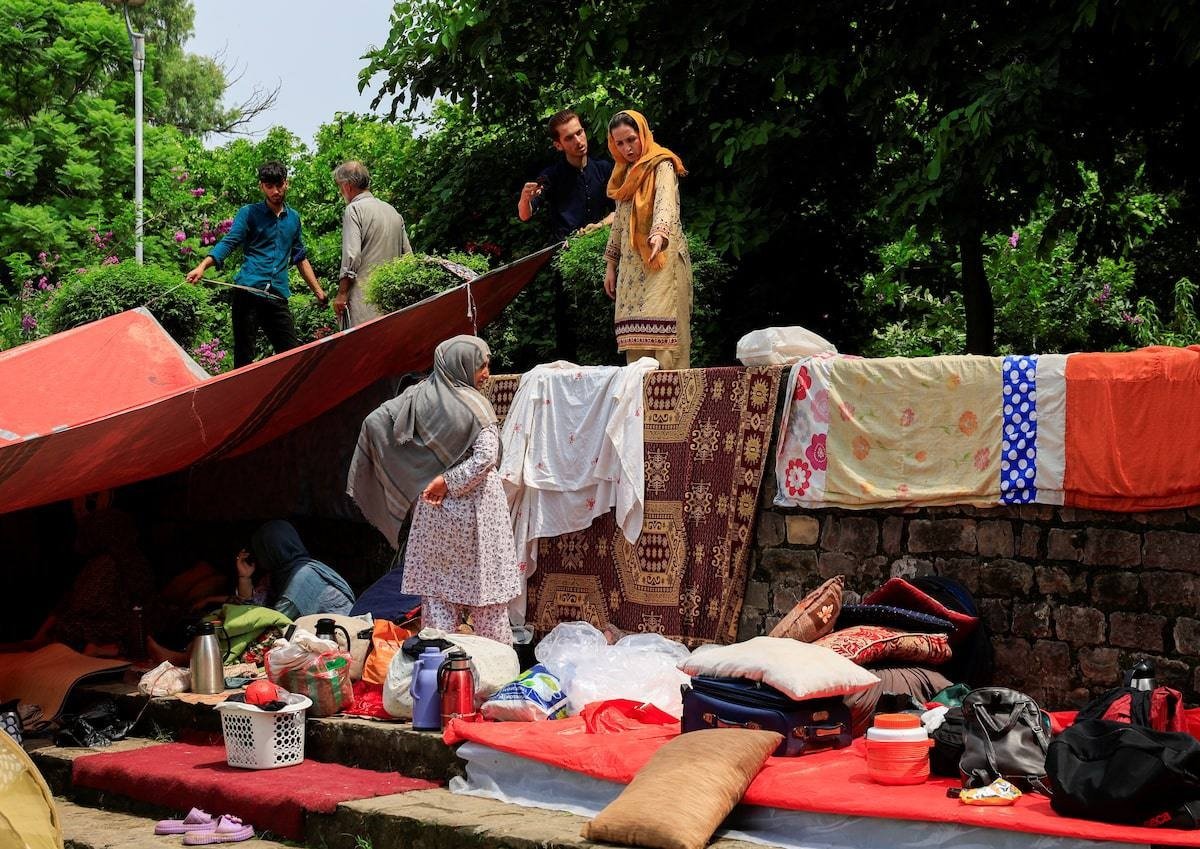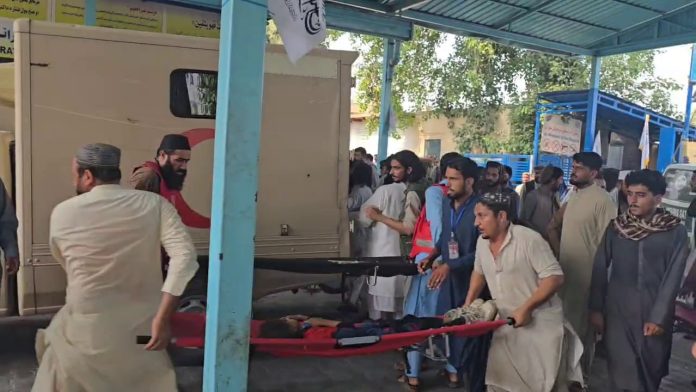
Zabihullah Mujahid, spokesperson for the de facto government, announced that the death toll from the earthquake in Kunar has risen to 1,411. In a message posted on his X account today (Tuesday, September 2), Mr. Mujahid also stated that the number of injured in this deadly earthquake in eastern Afghanistan has reached 3,124. He further emphasized that 5,412 houses in the districts of Nurgal, Suki, Chapa Dara, Pech Dara, Watapur, and Asadabad of Kunar have been destroyed. However, moments earlier, the Afghan Red Crescent Society, which is under the administration of the de facto authorities, reported the earthquake death toll in Kunar at 1,124. The Afghan Red Crescent added that more than 8,000 houses have been destroyed in eastern Afghanistan due to the earthquake. The organization also noted that many people remain trapped under the rubble of their homes. Yesterday, officials reported 800 deaths and around 3,000 injuries. Meanwhile, local sources in Kunar told Goharshad media that rescue operations face serious challenges due to difficult access roads. The source emphasized that rescue teams from various agencies have not yet been able to reach some areas of Mazaar Valley in Nurgal district. It should be noted that a 6.0-magnitude earthquake struck the eastern provinces of Afghanistan last night. Nevertheless, international organizations and government officials have stressed the importance of delivering aid and services to the families of the victims and the injured.


